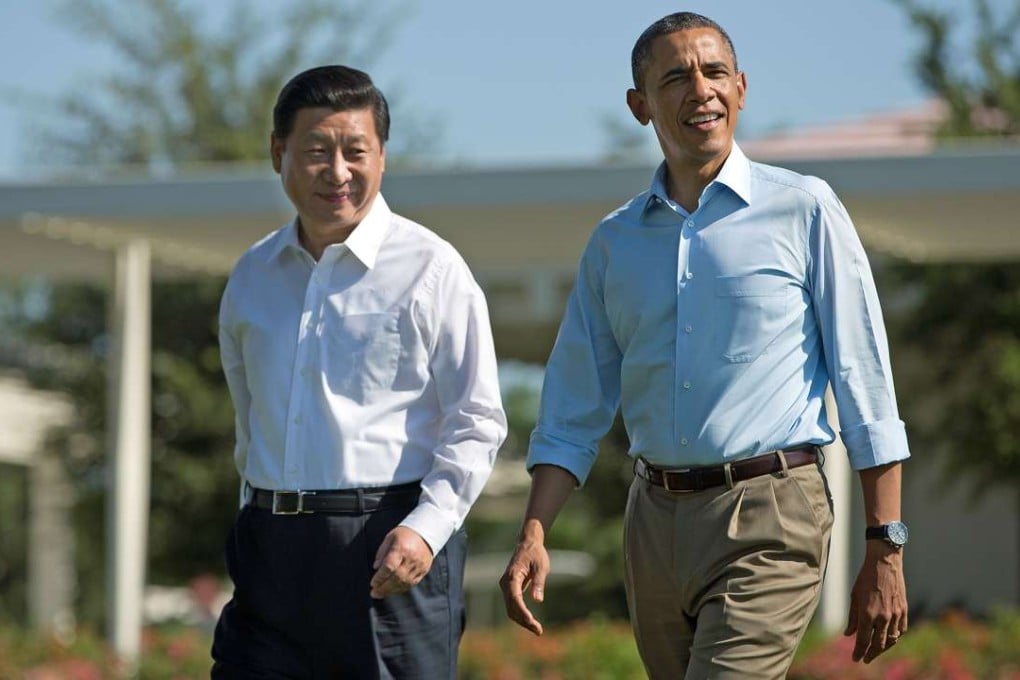Why protocol still matters at Xi-Trump summit
Florida visit gives Xi another opportunity to promote ‘new type of great power relations’

US presidents have long hosted their chief allies and rivals at relatively informal, getting to know you sessions stripped of the pomp and circumstance of a state visit.
Dwight Eisenhower invited the Soviet Union’s Nikita Khrushchev to his Pennsylvania farm in 1959 and Richard Nixon hosted Khrushchev’s successor, Leonid Brezhnev, at his home in California in 1973.
Nowadays another communist power, China, aspires to take the Soviet Union’s place, with Chinese President Xi Jinping preparing for his second such meeting with a US president next week.
“China wants to remind the world of the cold war era, when the world was dominated by two superpowers,” said Professor Zhang Baohui, director of the Centre for Asian Pacific Studies at Lingnan University in Hong Kong.
Xi’s April 6-7 visit to US President Donald Trump’s Mar-a-Lago estate in Palm Beach, Florida, will give him another opportunity to promote a “new type of great power relations”.
In 2013, his first year as China’s head of state, Xi tried his luck with then US president Barack Obama at the Sunnylands Retreat in Palm Springs, California, known as the “Camp David of the West”.